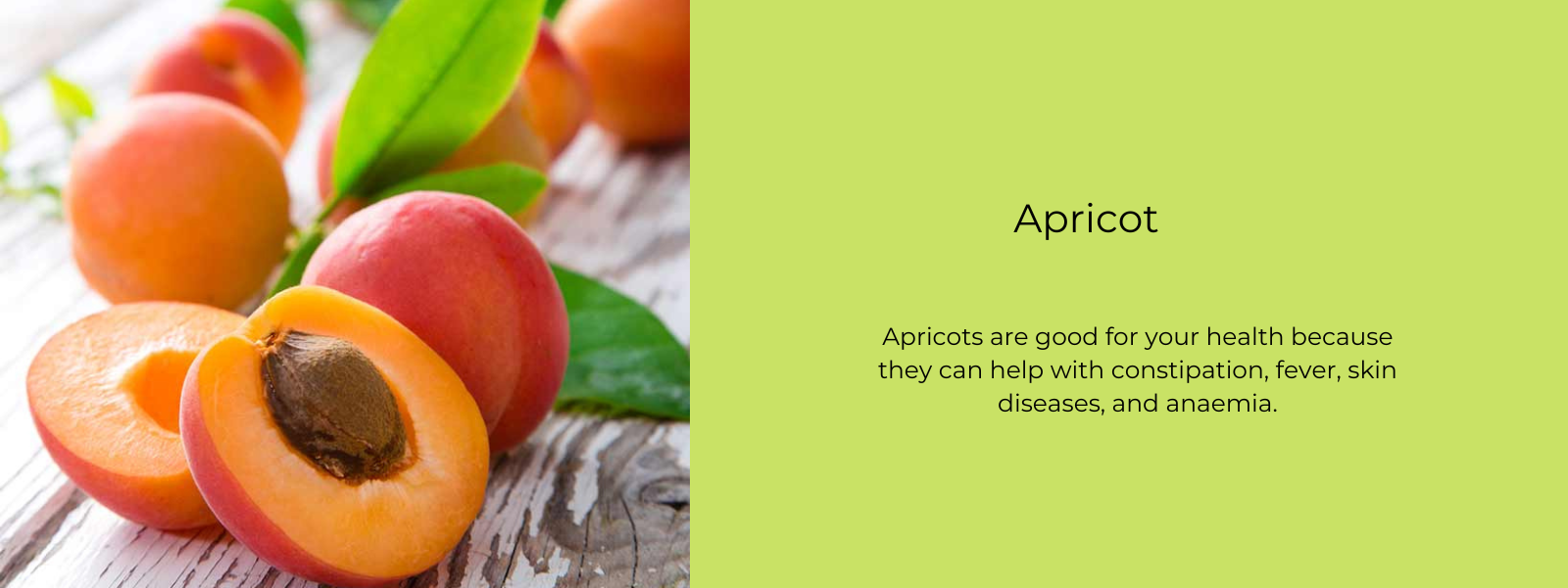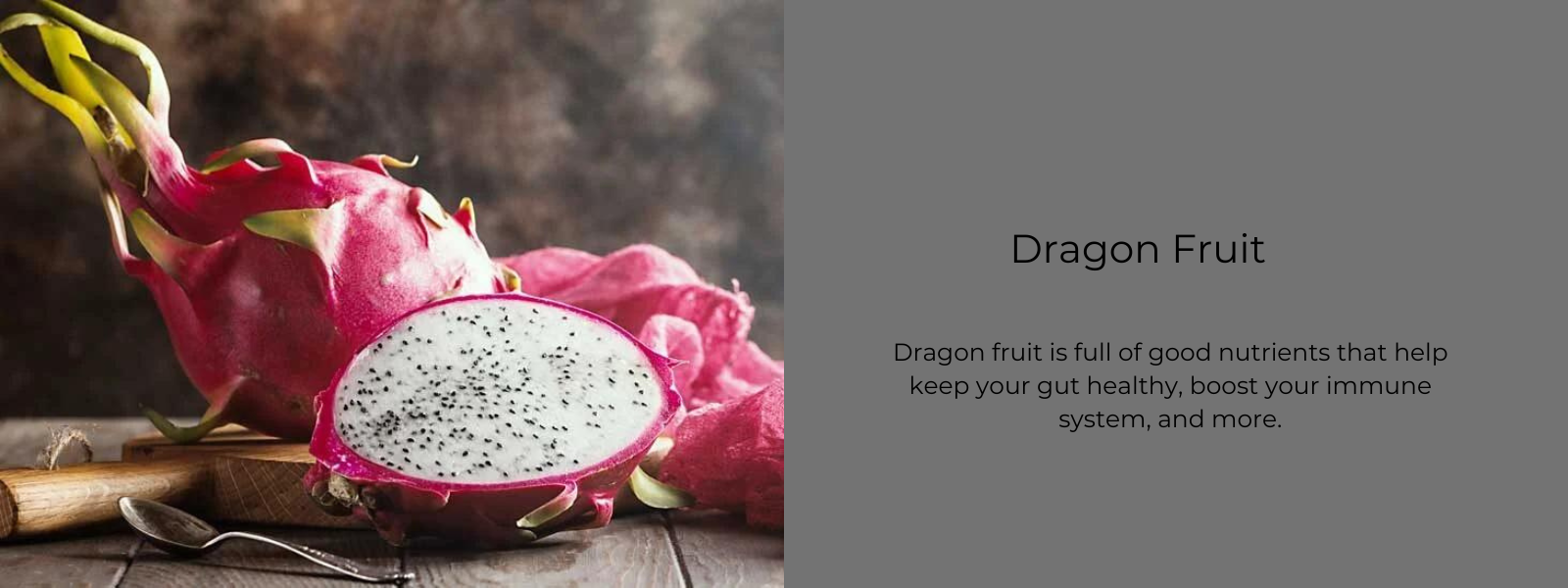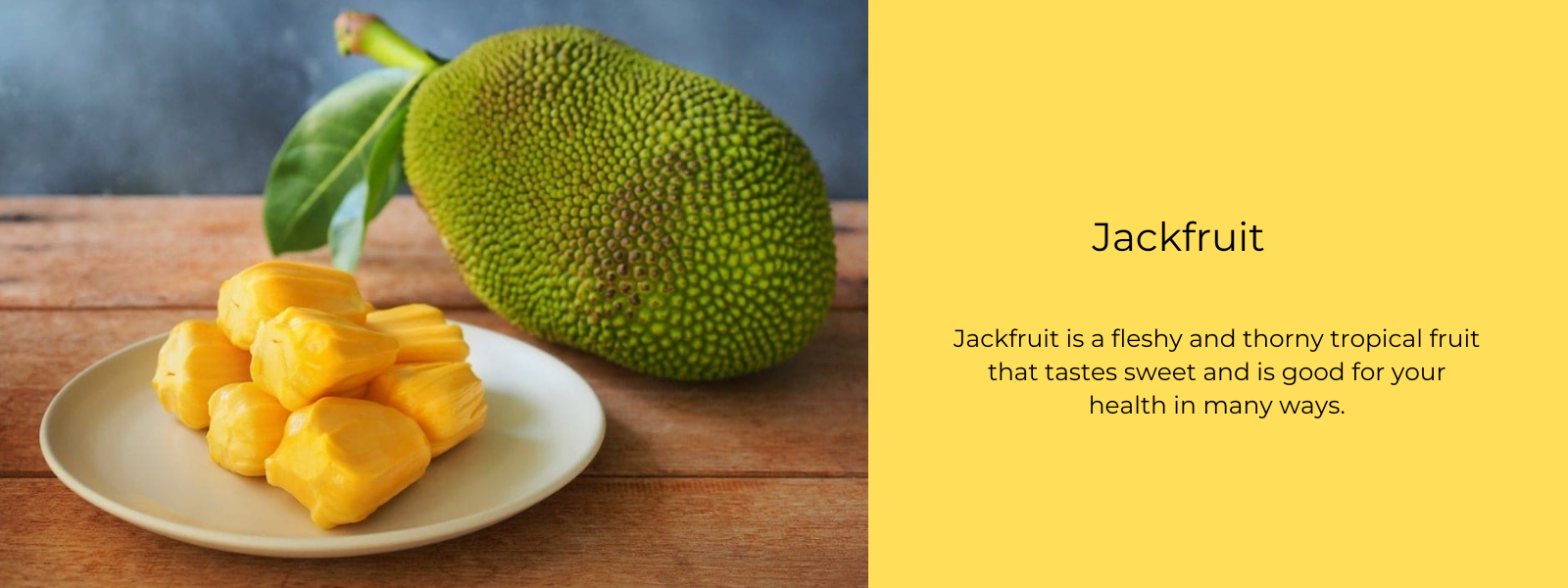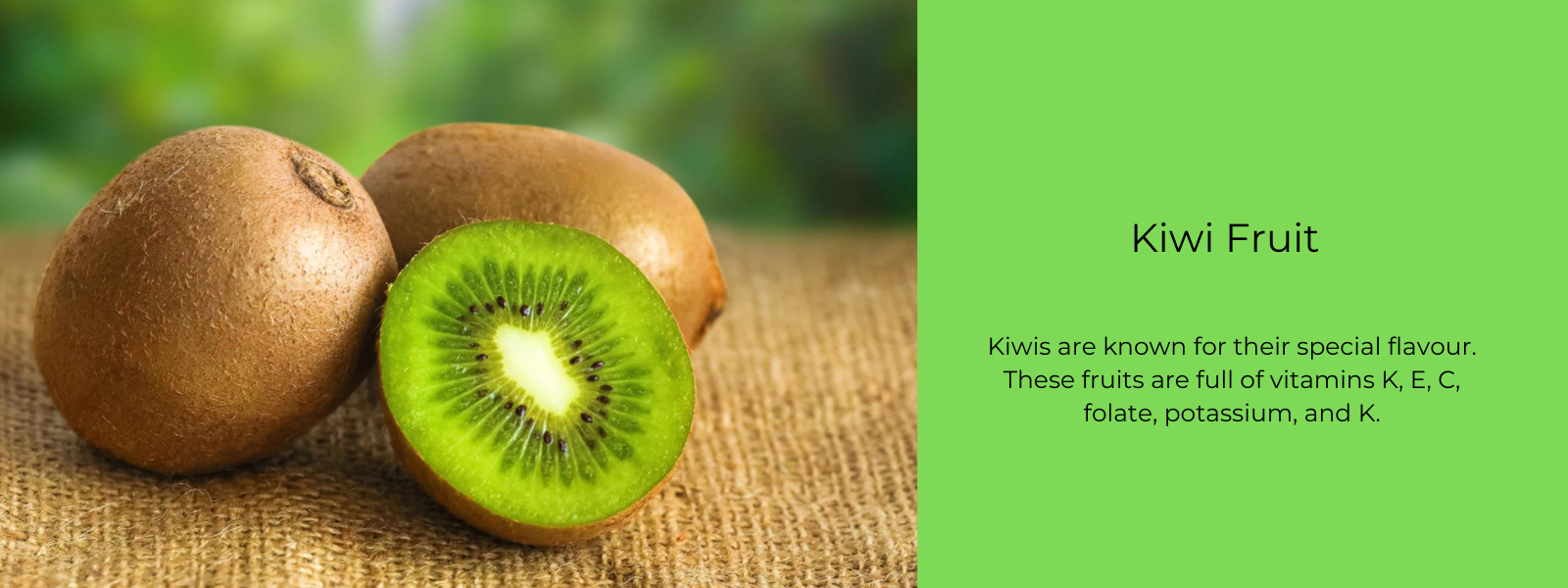Passion fruit is an exotic purple fruit that can be a healthy addition to a well-balanced diet. Passion fruit is full of antioxidants and has a lot of important vitamins and minerals. Passion fruit is known for having a tart, pleasantly sour taste. It is full of healthy, plant-based essentials that are good for your health. People who care about their health like fruit because it has many health benefits.
Table of Contents
What is passion fruit?
Passion fruit, which is also called passiflora, is a tropical flowering vine that grows in hot, humid places. Inside the hard rind is a soft pulp with many seeds that can be eaten. It can be used in a lot of different ways and makes everything taste better. You can also eat the pulp and seeds, make juice out of them, or put them in other shakes and juices.
Passion fruit grows on the tropical vine Passiflora, which has flowers and grows in South America, Australia, South Africa, and India, among other warm places.
Passiflora edulis is a common type of passion fruit, but there are other types, and it is sometimes called granadilla.
Inside the hard rind of a passion fruit is a soft centre with a lot of seeds. The seeds and pulp can be eaten, juiced, or added to other juices.
Types of passion fruit:
There are many different kinds of passion fruit, which range in size and colour. The most common ones on the market are golden yellow and purple. Passiflora flavicarpa has a golden yellow skin and is big, oval or round.
Passiflora edulis, on the other hand, is a small oval-shaped type with purple skin. South American countries are home to purple passion fruit, while Asia and Australia have a lot of golden yellow passion fruit. Even though passion fruit is a tropical fruit, there are some types that can grow in subtropical climates. This is the main reason why you can find them almost everywhere on Earth.
Nutritional value of passion fruit:
The nutrition profile of passion fruit is good for your health. It has a lot of vitamin A and vitamin C, both of which are good for the skin, eyes, and immune system. Vitamin C is also an important antioxidant.
One fruit, minus the peel, has
Vitamin A, 229 IU
63 milligrammes of potassium
calcium 2 mg
Iron, 0.29 mg
5 mg of magnesium
5.4 milligrammes of vitamin C
1.9 grams of fibre
Passion fruit also has phosphorus, niacin, and vitamin B-6, which are all important for a healthy body.
Health benefits of passion fruit:
- Great for moms-to-be
Are you going to be a mother soon? You should definitely add passion fruit to your diet when you're pregnant. It is one of the healthiest fruits for foetal growth and development because it is full of antioxidants, fibres, vitamins, minerals, and many other important nutrients.
Vitamin C helps your immune system, fibre keeps you from getting constipated, and a lot of calories keep you feeling good. Best of all, eating passion fruit while pregnant doesn't hurt you in any way.
- Boosts Immunity
A study by the University of Florida's Department of Food Science and Human Nutrition found that passion fruit is full of antioxidants that boost the immune system. It also has a lot of Vitamin C (30 mg per 100 g), alpha-carotene, and beta-cryptoxanthin, all of which can boost your immune system in a big way. These antioxidants in food get rid of free radicals, keep cells from getting damaged, and lower oxidative stress.
Vitamin C also boosts the activity of white blood cells and the rest of the immune system's cells. It also makes you more resistant to colds, flu, and other infections.
- Contains a lot of fibre
The pulp of the passion fruit is full of fibre. Fibre is an important part of a healthy diet because it helps the digestive system work well and keeps the gut healthy.
- The glycemic index of passion fruit is low:
The glycemic index (GI) of this tropical fruit is 30. The sugar from passion fruit will enter the bloodstream slowly. This means that it won't cause a sharp rise in blood sugar after you eat it, which makes it a great fruit for diabetics who need to keep their insulin levels steady. It also cuts down on the need for sugar and mood swings.
- Keeps blood pressure at a healthy level:
If your blood pressure is too high, it puts too much pressure on your arteries and can cause heart attacks and strokes. Alkaloids in passion fruit help keep blood pressure low and make people feel calmer and less tense. Because it is high in potassium and low in sodium, the fruit makes the blood vessels relax and helps the blood flow. Passion fruit has 821 mg of potassium and 66 mg of sodium per cup.
- Take care of your heart's health
Fiber, vitamins C and B6, and potassium are all good for your heart, and passion fruit is full of all of them. Passion fruit has almost no cholesterol and is also low in fat. Cholesterol is probably the worst thing for your heart, as we already know. It stops the heart from getting oxygen because it blocks the arteries. Passion fruit is good for your heart because the fibre in it raises HDL cholesterol and lowers LDL cholesterol.
- Lessen the chance of mental decline
Passion fruit contains nutrients that are good for the brain, such as potassium, folate, and a number of antioxidants. Folate seems to lower the risk of getting Alzheimer's disease and losing your mind. Potassium has been linked to increasing the flow of blood to the brain and making it easier to think, focus, and communicate.
- Makes digestion better
Passion fruit is full of fibre—about 25 g per cup—which makes bowel movements easier and also helps digestion. The fruit has a lot of fibre and a lot of water, both of which are important for good digestion. It helps digestion because it has enzymes that make more digestive juices in the stomach when it is eaten. In addition, it can help a lot with a lot of other stomach problems.
- Passion fruit promotes restful sleep
Trouble sleeping? Consume passion fruit. It has alkaloids that are used to treat diseases and a number of phytonutrients that are powerful sleep aids. People who have trouble sleeping should eat passion fruit regularly because the alkaloids in it help with sleeplessness, restlessness, and anxiety.
It was also found that the magnesium in passion fruit helps people sleep better, longer, and more peacefully. Passion fruit also controls your metabolism, which makes it less likely that you'll have trouble sleeping.
- Good for the eyes and skin:
Passion fruit is also a good source of Vitamin A, which is another great reason to eat it. So, it takes care of vision problems that come up when you don't get enough vitamin A. The fruit's vitamin A keeps you from getting cataracts, night blindness, and macular degeneration.
- Keeps osteoporosis at bay:
Because it has magnesium, calcium, iron, phosphorous, potassium, and sodium, passion fruit can make bones stronger and more mineralized. These minerals are also important because they help bones heal faster. Also, they help ease the pain and inflammation that come with osteoporosis.
- Passion fruit can protect against cancer:
Free radicals are one of the main causes of cancer, along with genetics. The antioxidant vitamins A and C are found in large amounts in passion fruit. They get rid of free radicals and protect against cancer and damage to cells.
Flavonoids in passion fruit make it even better at fighting different kinds of cancer. Recent studies have also shown that flavonoids work well as a way to treat cancer.











Leave a comment